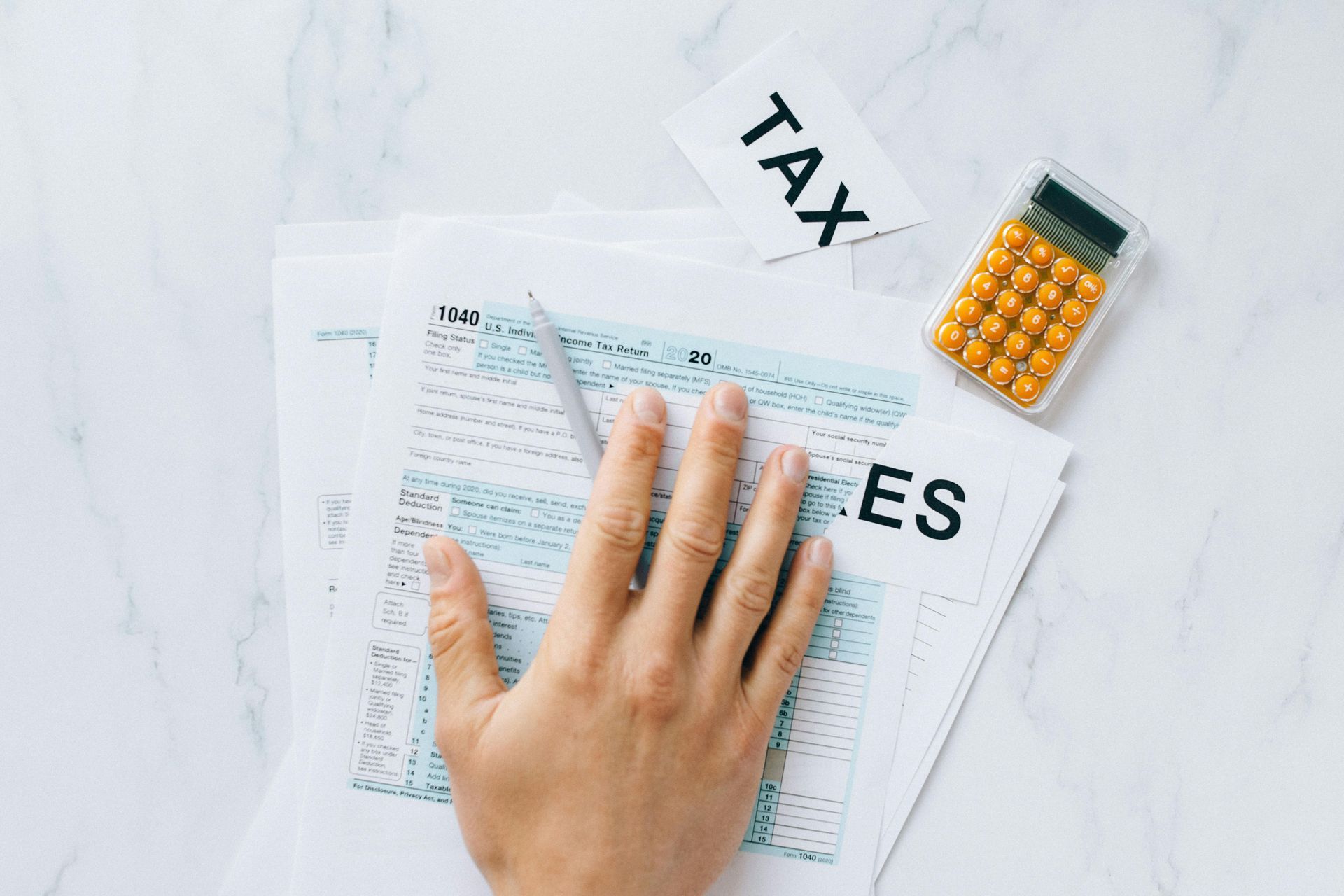Adding H-1B to your Workforce: What you need to know
 U.S. Employers always stress with staffing issues. Oftentimes, when Employers begin the recruitment process, they realize many of the qualified candidates that they are interested in hiring are foreign nationals who need the sponsorship of H-1Bs. But what is H-1B? What should employers do or are required to do in order to hire these foreign nationals? Will the H-1B visa process be too burdensome to offset the benefits of hiring these qualified foreign nationals?
U.S. Employers always stress with staffing issues. Oftentimes, when Employers begin the recruitment process, they realize many of the qualified candidates that they are interested in hiring are foreign nationals who need the sponsorship of H-1Bs. But what is H-1B? What should employers do or are required to do in order to hire these foreign nationals? Will the H-1B visa process be too burdensome to offset the benefits of hiring these qualified foreign nationals?
What is H-1B?
H-1B is a type of visa that allows U.S. employers to temporarily hire a foreign national with specialized knowledge, education, or experience in a specialty occupation.
Most foreign nationals admitted to the U.S. are not permitted to work, and only those who hold special types of visas may legally work in the countries. This is to protect the rights of U.S. workers. However, in order to ensure U.S. employers have sufficient qualified supplies of labor, especially for those who need workers with specialized education and knowledge, Congress created the H-1B visa category in 1990.
To be eligible for H-1B visa, the foreign national candidate must have at least a four-year college degree from an accredited U.S. or foreign higher education institute. The position and duties themselves must be complicated enough to require specialized knowledge and degrees. Additionally, the Employers must pay the foreign national Employee adequate salaries for similar positions in the field according to the Department of Labor Database.
What are the risks and expenses that Employers must take when hiring H-1B workers?
If Employers are private for-profit companies, one of the major downsides of H-1B is the lottery selection process. Each year the Department of State only issue 85,000 visa quota to H-1B workers in order to protect the U.S. workforce. However, during the first week of April 1 st in 2019, the date when the USCIS begins to accept H-1B applications, there were 165,000 H-1B applications filed to the government office. The selection rate of Fiscal Year 2020 H-1B is 42 percent. The unselected ones will be returned to the Employers. This means that despite all the efforts and expenses of recruitment and filing H-1B application, there are less than 50% chances of an application to be selected for USCIS review and approval of H-1B hiring.
The good news is, for potential foreign employees who are hired in the field of science, technology, engineering, and mathematics and recently graduated from U.S. colleges or universities with related degrees as F-1 visa students, they have 12+27 months of Optional Practical Training (OPT) period under the F visa which allows them to work without H-1B for employers in related fields. This prolonged period of OPT gives U.S. employers at least two to three opportunities of accessing the H-1B filing lottery and being selected for H-1B visas. For other fields of study, most Employers would only have one chance to join the H-1B lottery unless they are qualified for exemption from the government quota.
Another downside of H-1Bs is that the Employer must pay the legal fee for the attorneys to prepare H-1B filing and the filing fee with the USCIS. This is to avoid Employers to transfer the costs of H-1B applications to foreign workers, but it also increases the costs of Employers in hiring the foreign national Employee. If the H-1B case is not selected in the lottery, the money of the Employer is wasted. Fortunately, the USCIS will launch a new pre-registration system for the stage of H-1B lottery selection. This allows attorneys and employers to pre-register the H-1B applications going to file that year, and the government will launch the lottery before actual filings. The procedure will reduce the costs of legal fee and unnecessary time wasted in filing unselected H-1B applications.
What are the Benefits of H-1Bs for Employers?
H-1B is an employer-specific visa and maintains by the sponsored employer. If the H-1B employee wants to change jobs in the same/similar field, he/she must find another employer who’s willing to spend all the efforts to sponsor the port/transfer of H-1B visa. And, the employee may not switch to a field unrelated to his/her professional training/education degree. Without an H-1B, the foreign national may not work or even stay in the United States. Because the stake of changing employers under H-1B is high and very time-sensitive, it significantly reduces the chances of H-1B employee turnover in your business. Usually, H-1B workers tend to stay longer and be more loyal to your business, which makes the visa sponsorship a worthwhile investment to your business personnel.
Another benefit of the H-1B visa is that it allows Employer to sponsor Green Card petition for a foreign national Employee. Most employers want to keep their most valuable employees as long as possible, but every “non-immigrant” visa is temporary in nature and does not allow foreign nationals to have intents to stay and work in the U.S. permanently. H-1B is one of those limited visas that permit employers, while keeping foreign national employees temporarily under H-1B, to sponsor the Green Card petition on the employees’ behalf so that they could permanently live and work in the U.S. The law also prevents Beneficiary Employees from changing employers immediately after acquisition of Green Cards, but Employers, on the other hand, cannot restrict Employees’ freedom to seek other employment for an extended time.
What are the steps to hire a H-1B worker?
Our Firm prepares a clear diagram and timeline to make sure our prospective clients understand the process and steps of the H-1B applications. Planning, Preparation, and Determining Viability to meet your needs are vital.
We will provide a primitive evaluation of eligibility and risks for both Employee’s qualifications and Employer’s business position at your initial consultation. We will also give you an estimate of the time and costs for H-1B sponsorship. As we mentioned above, the Government launches a new procedure for H-1B 2021 (ready to apply on April 1 st of 2020) that requires pre-registration process before the H-1B lottery. This reduces the legal costs and time of Employers at the preliminary stage of H-1B applications despite the lottery.
Please contact our office and schedule an appointment with the Attorney
if you want to understand more about H-1B or other employment-related visa options for your foreign national employees.
Disclaimer: This Blog is made available by the lawyer or law firm publisher for educational purposes only as well as to give you general information and a general understanding of the law, not to provide specific legal advice. By using this blog site you understand that there is no attorney-client relationship between you and the Blog/Web Site publisher. The Blog should not be used as a substitute for competent legal advice from a licensed professional attorney in your state.
The post Adding H-1B to your Workforce: What you need to know appeared first on Fickey Martinez Law Firm.












